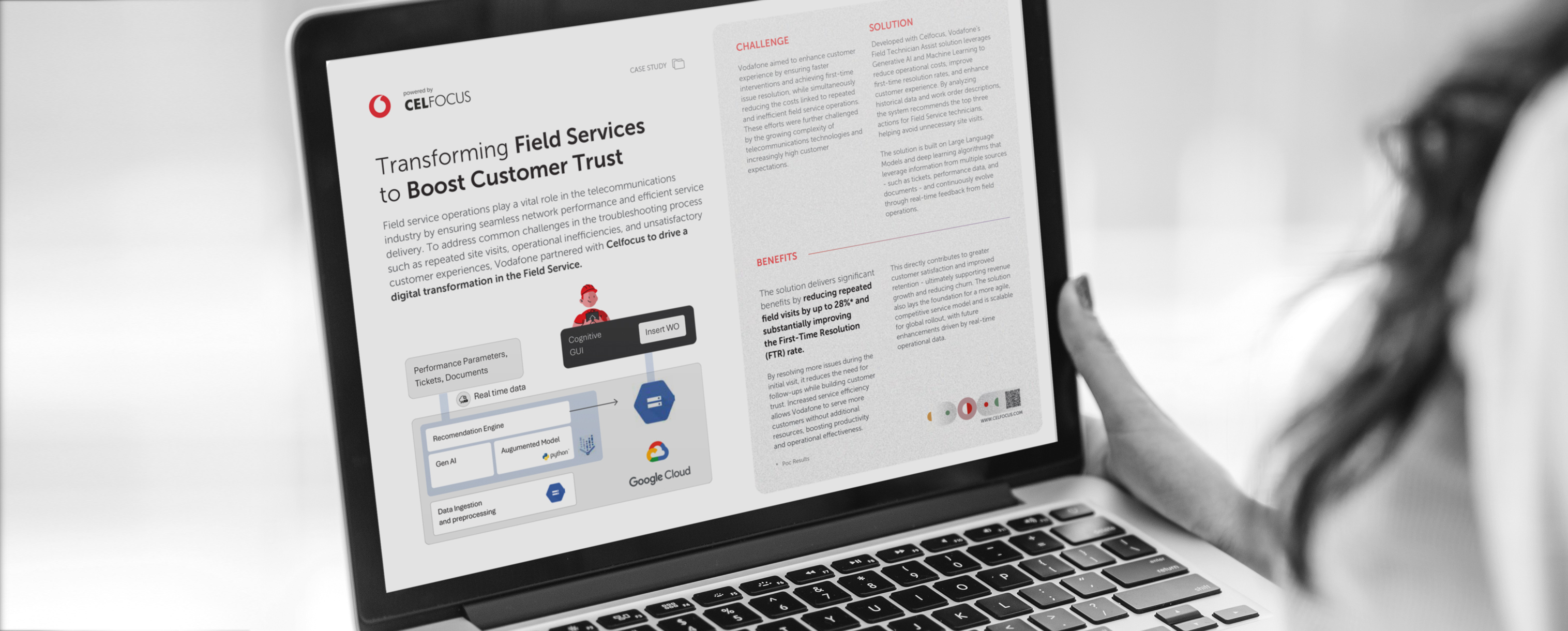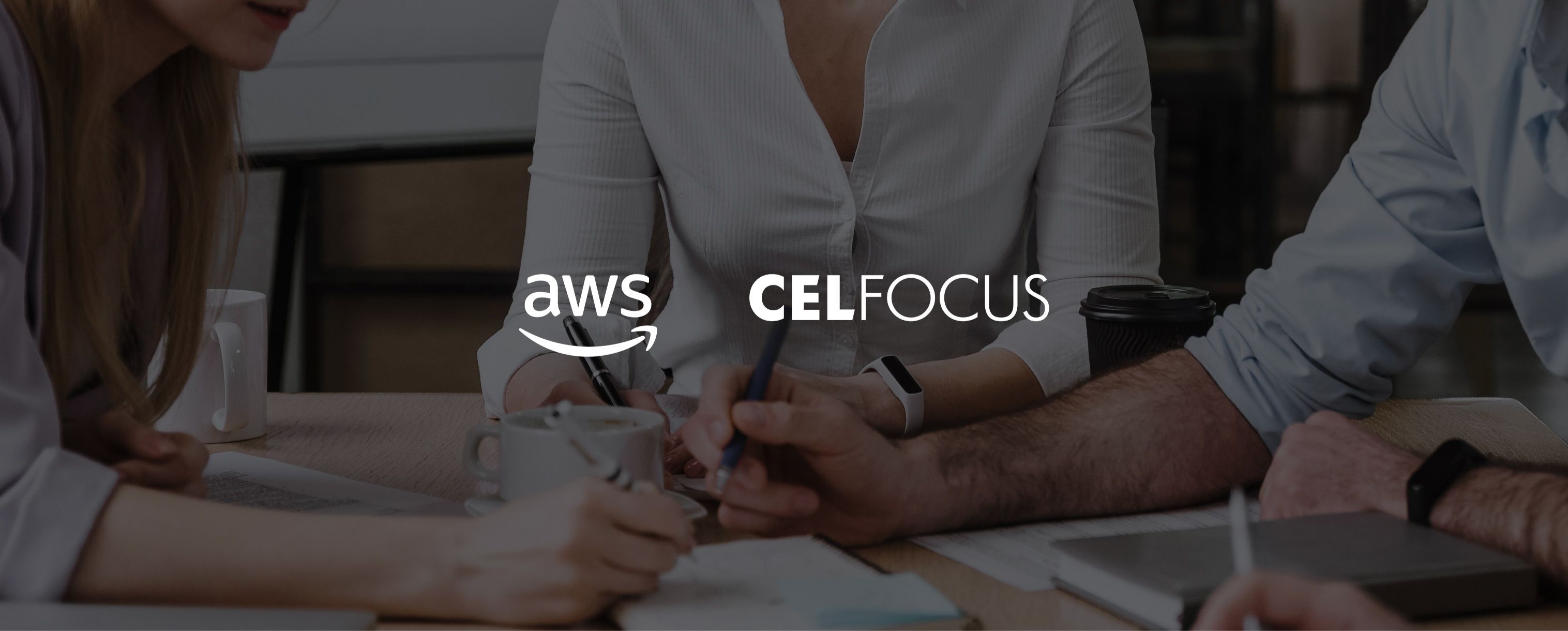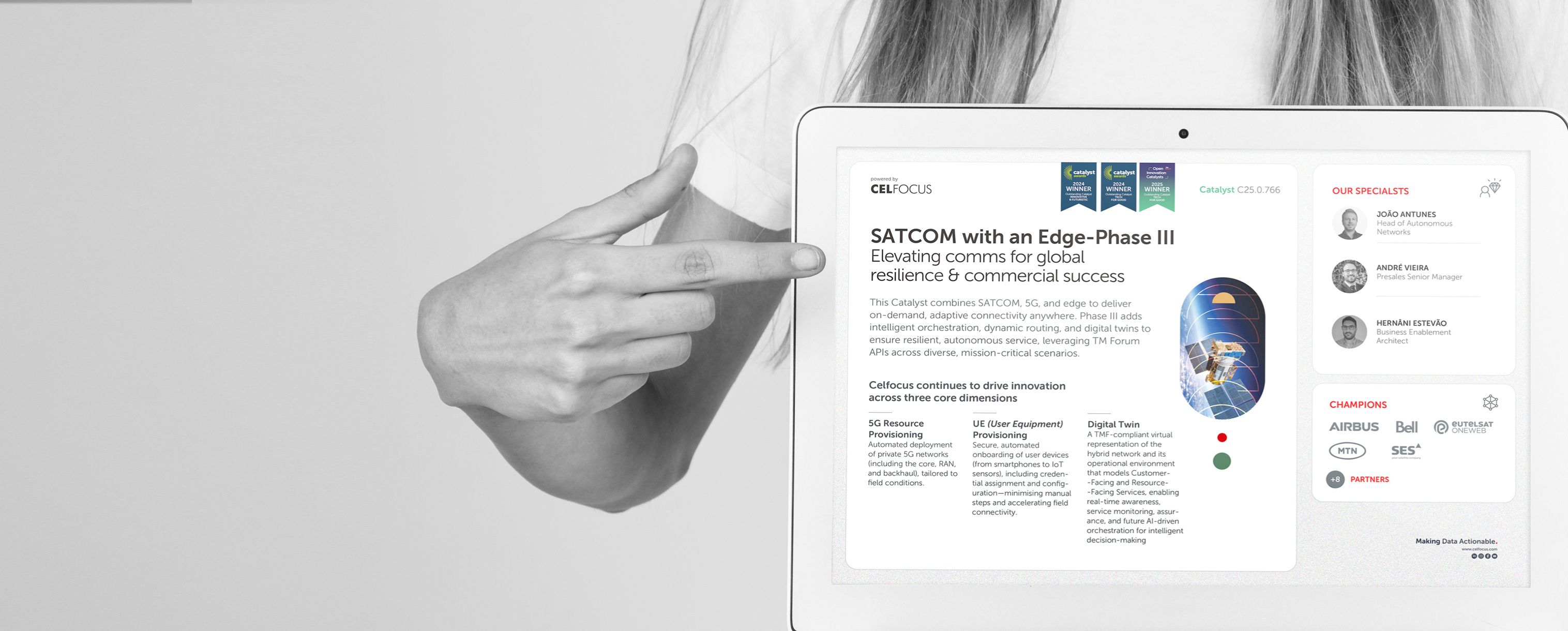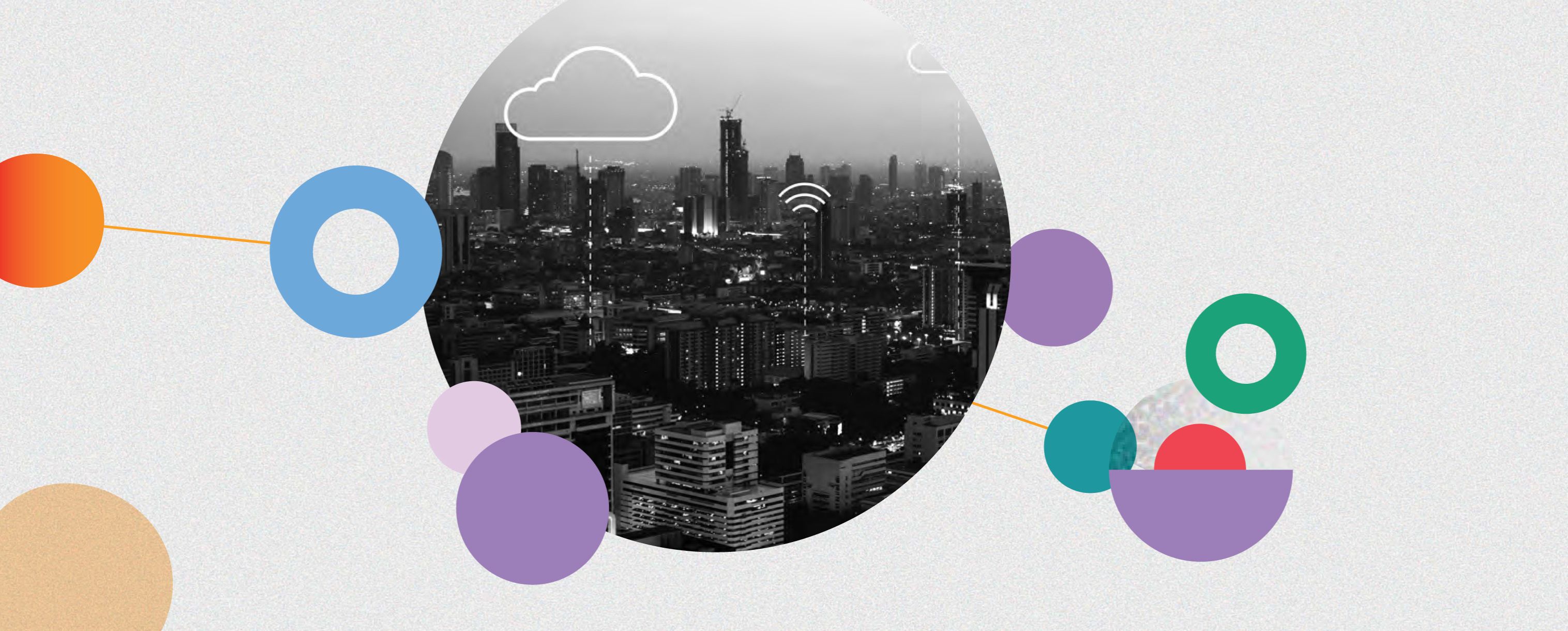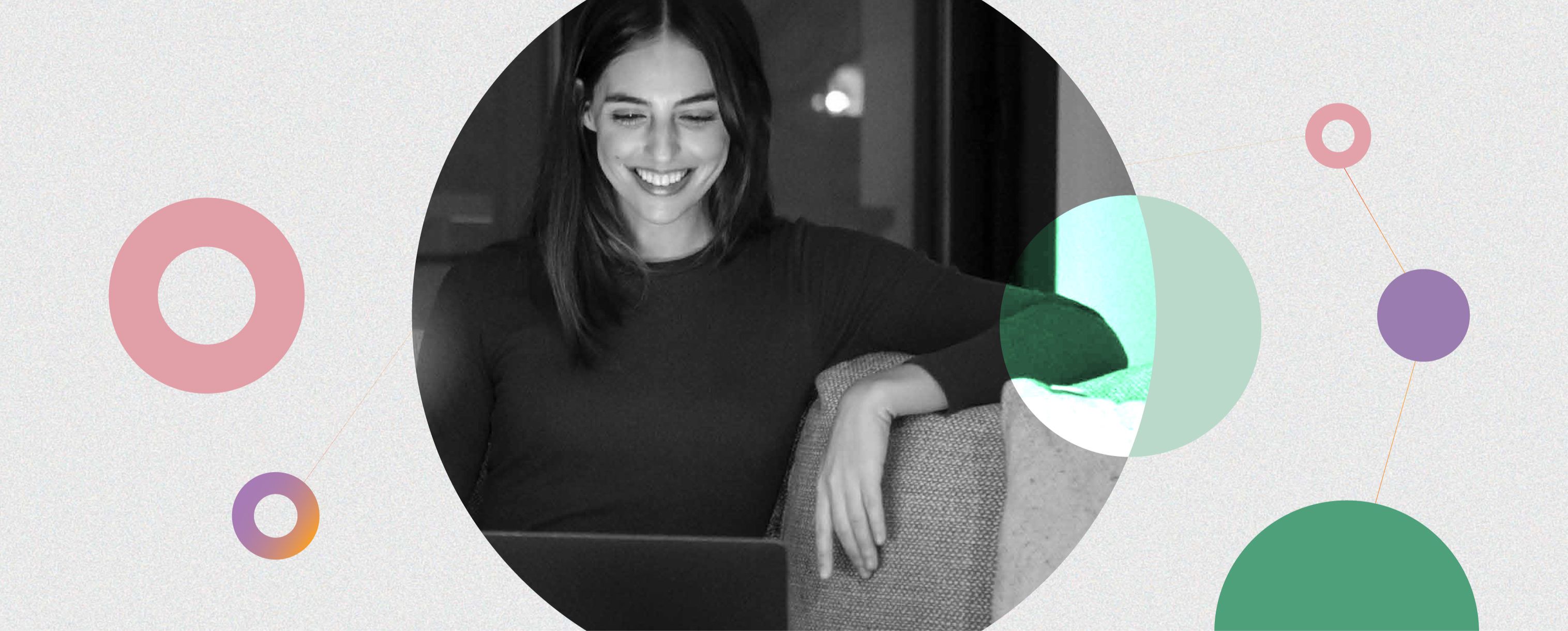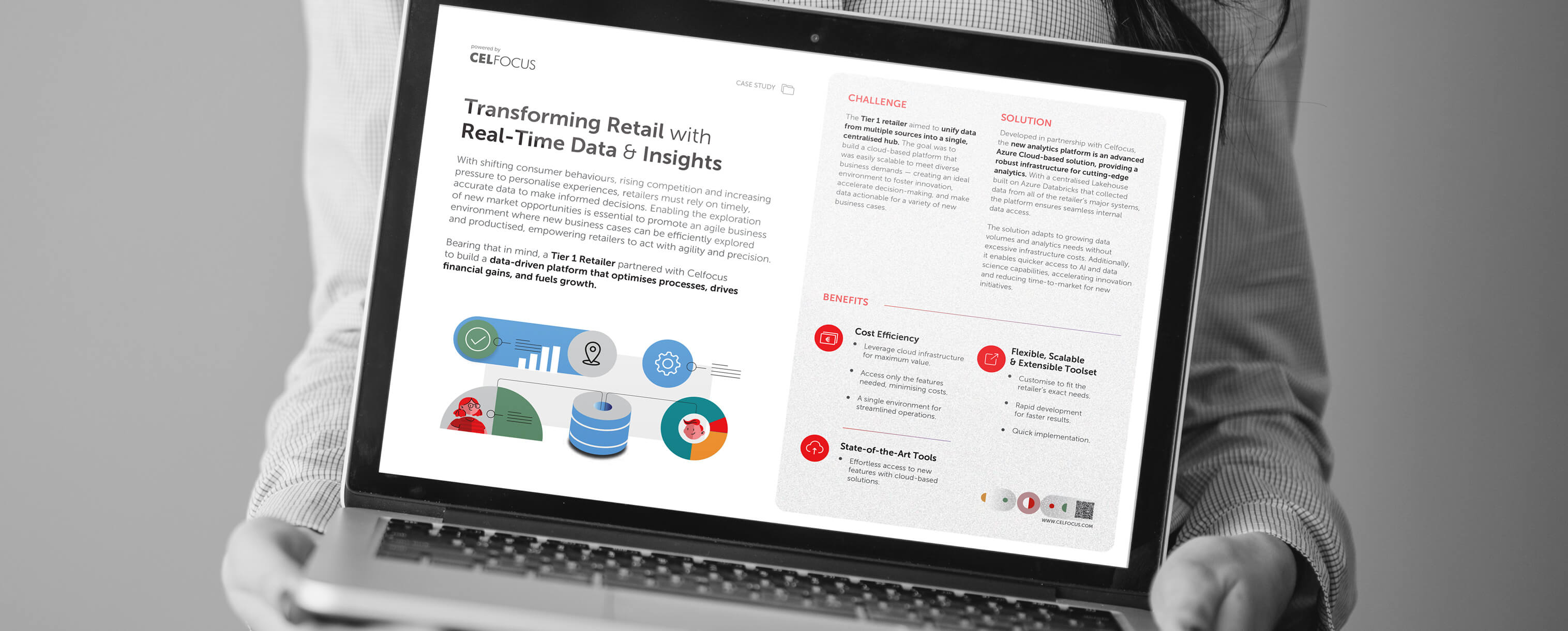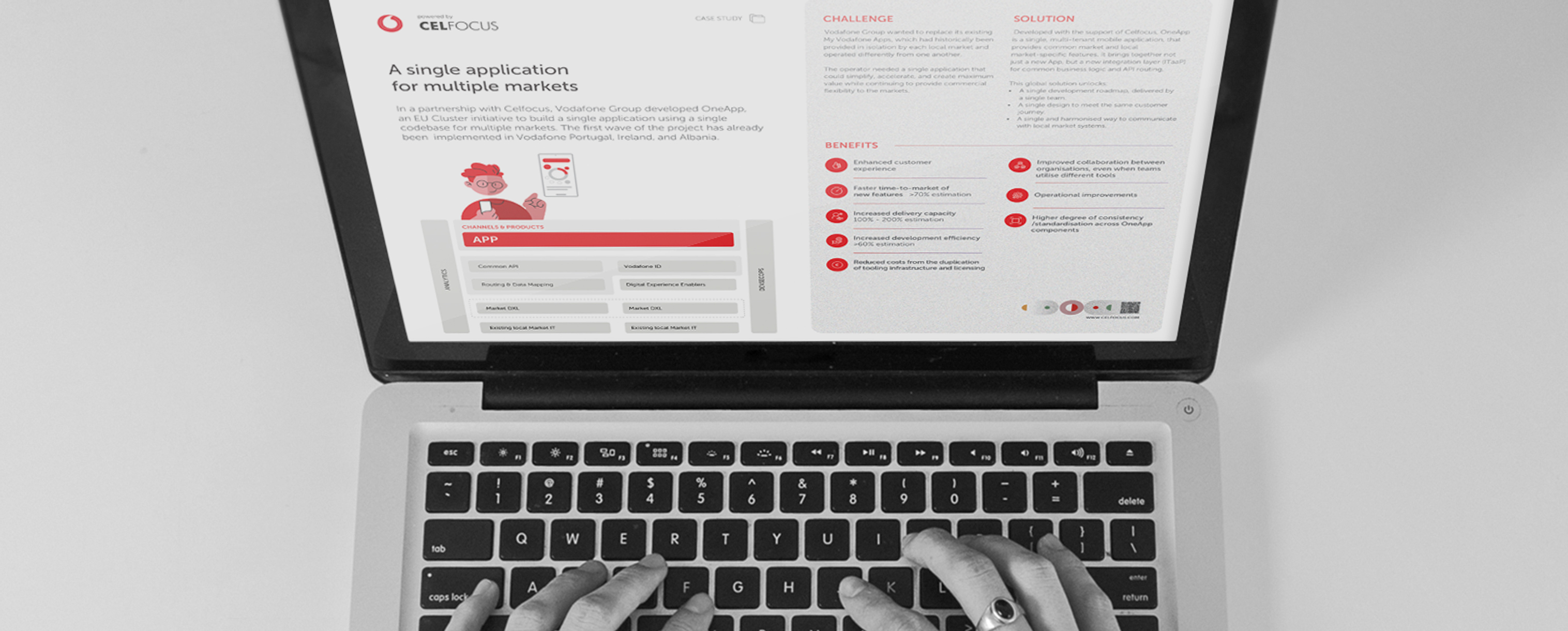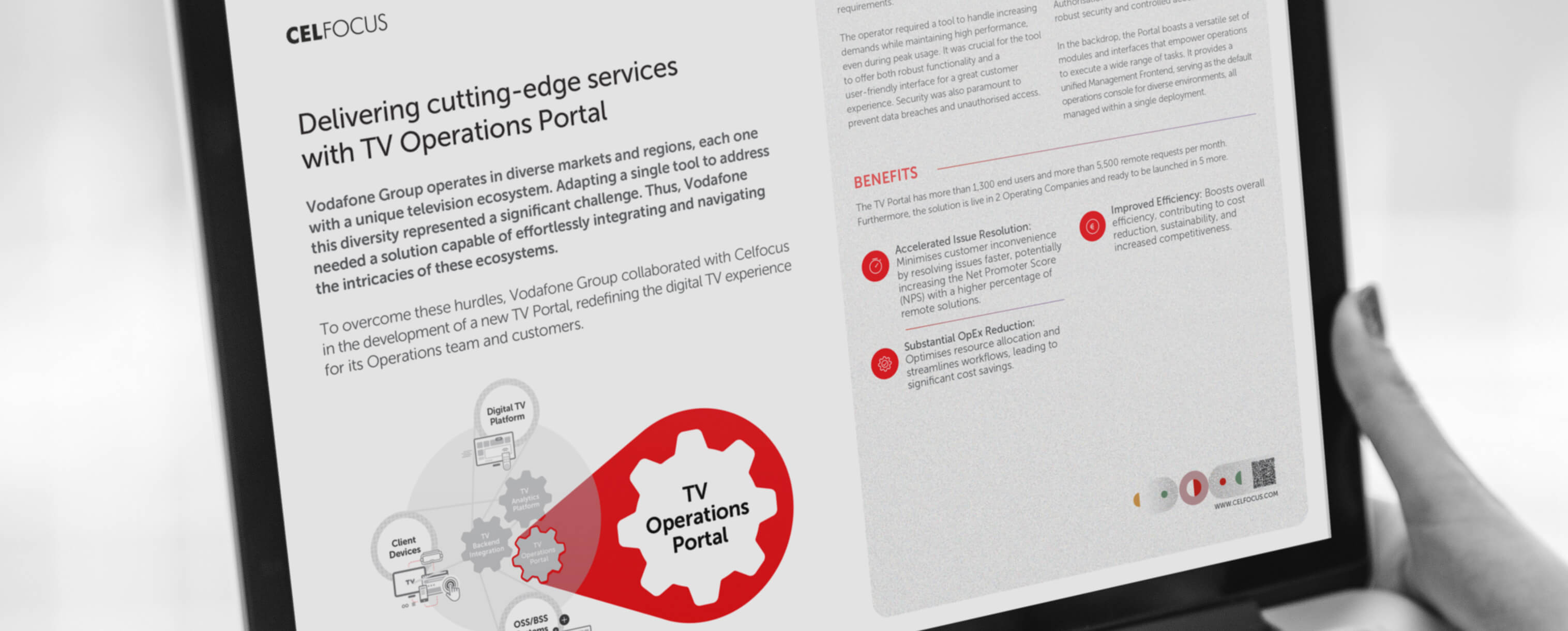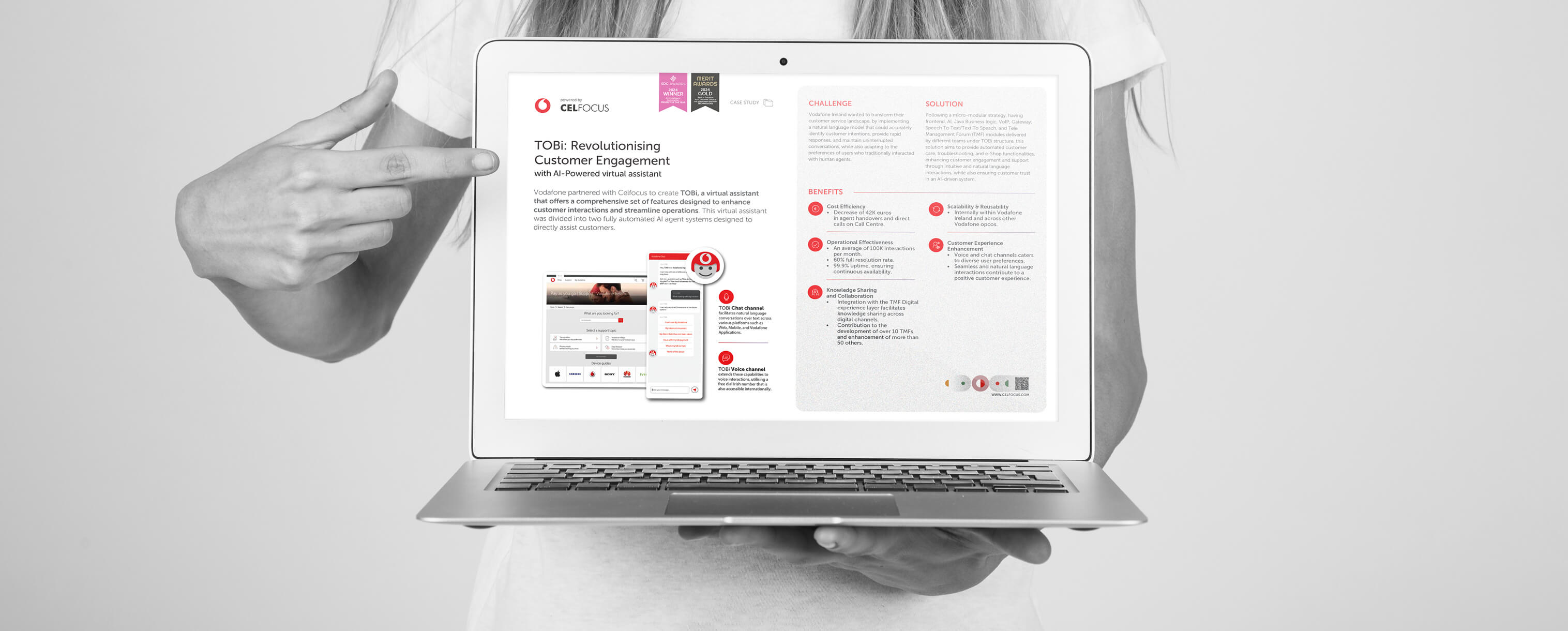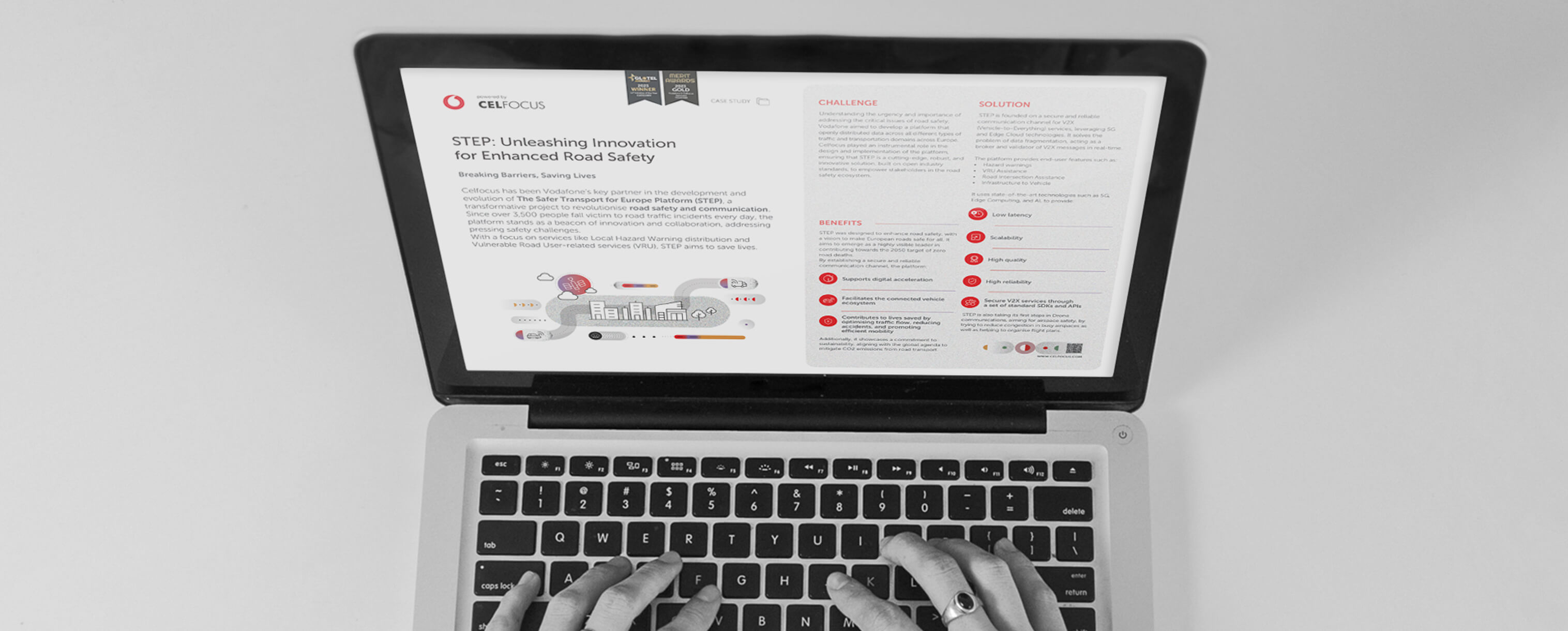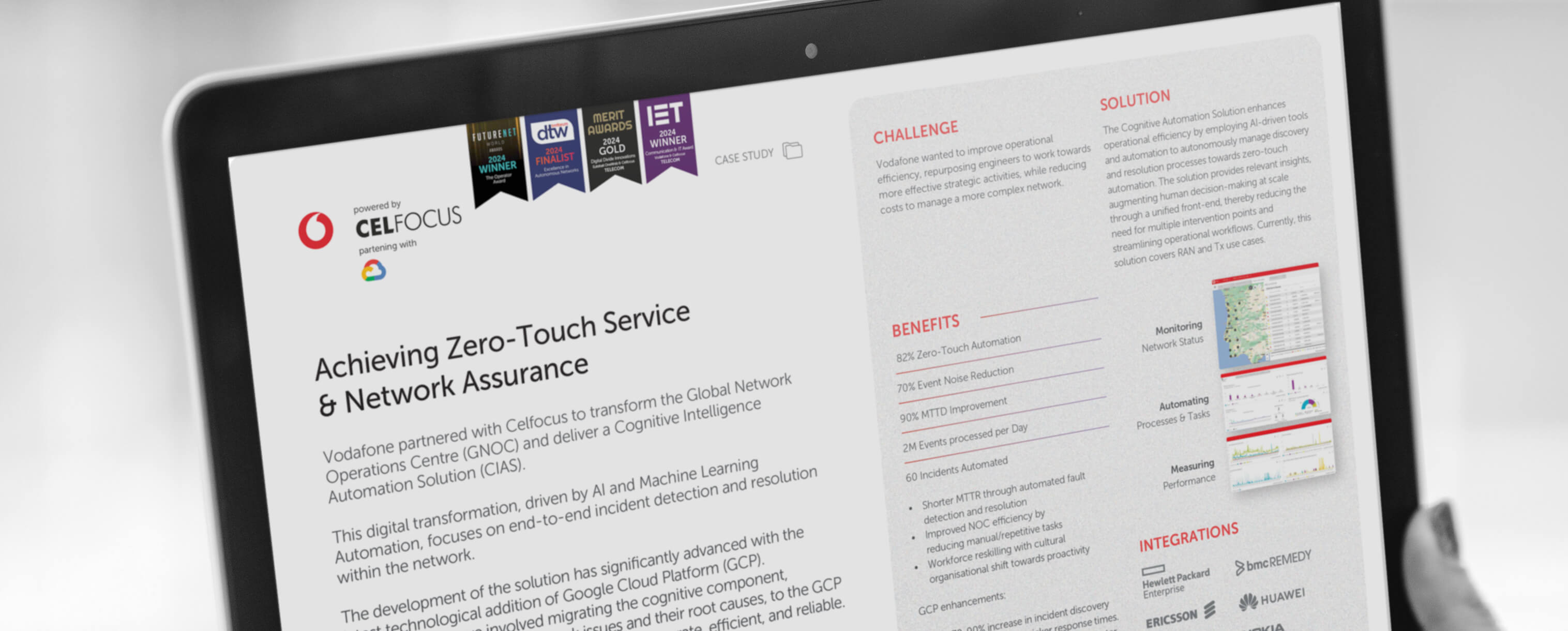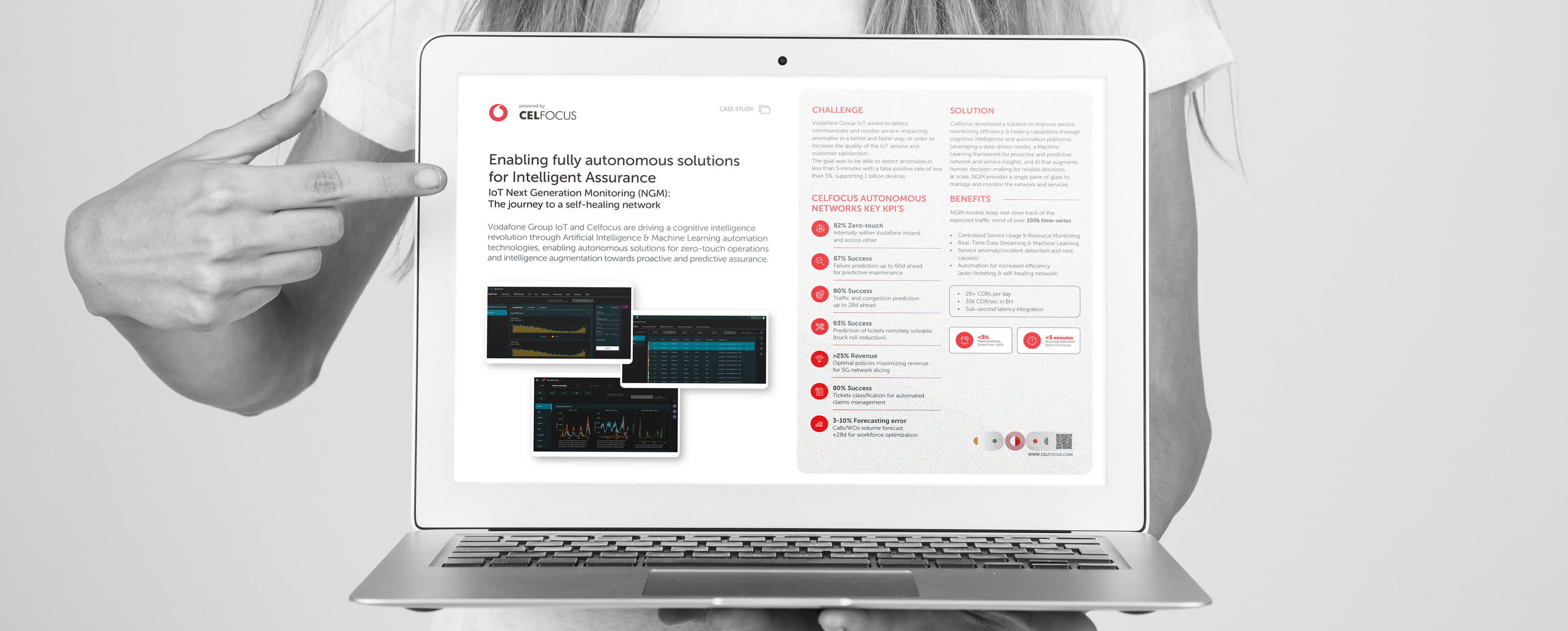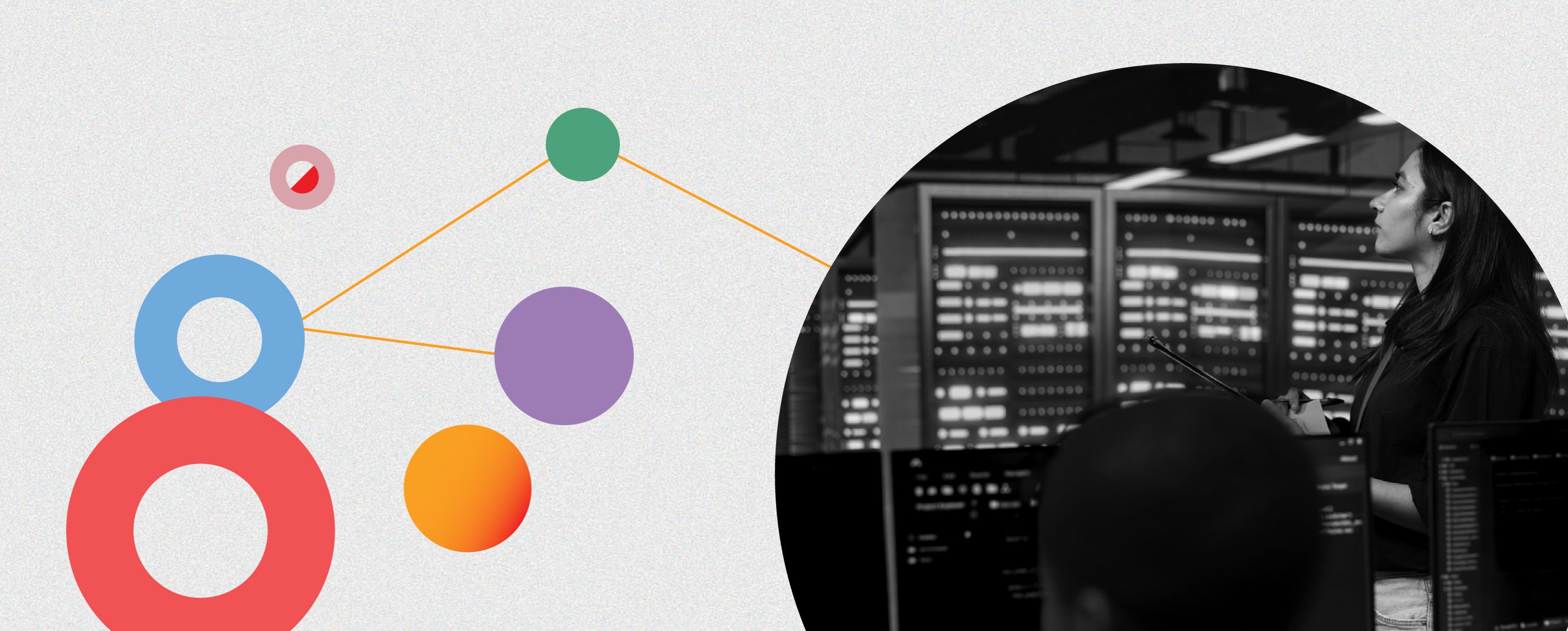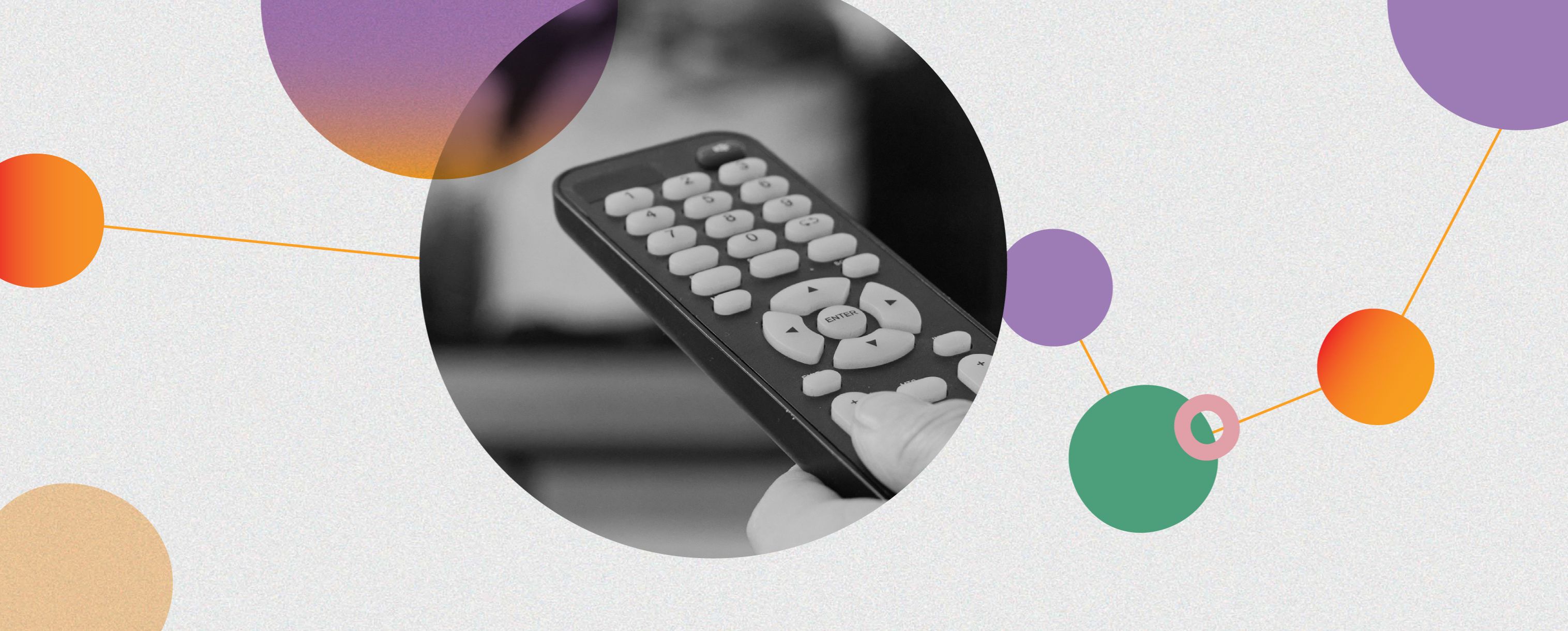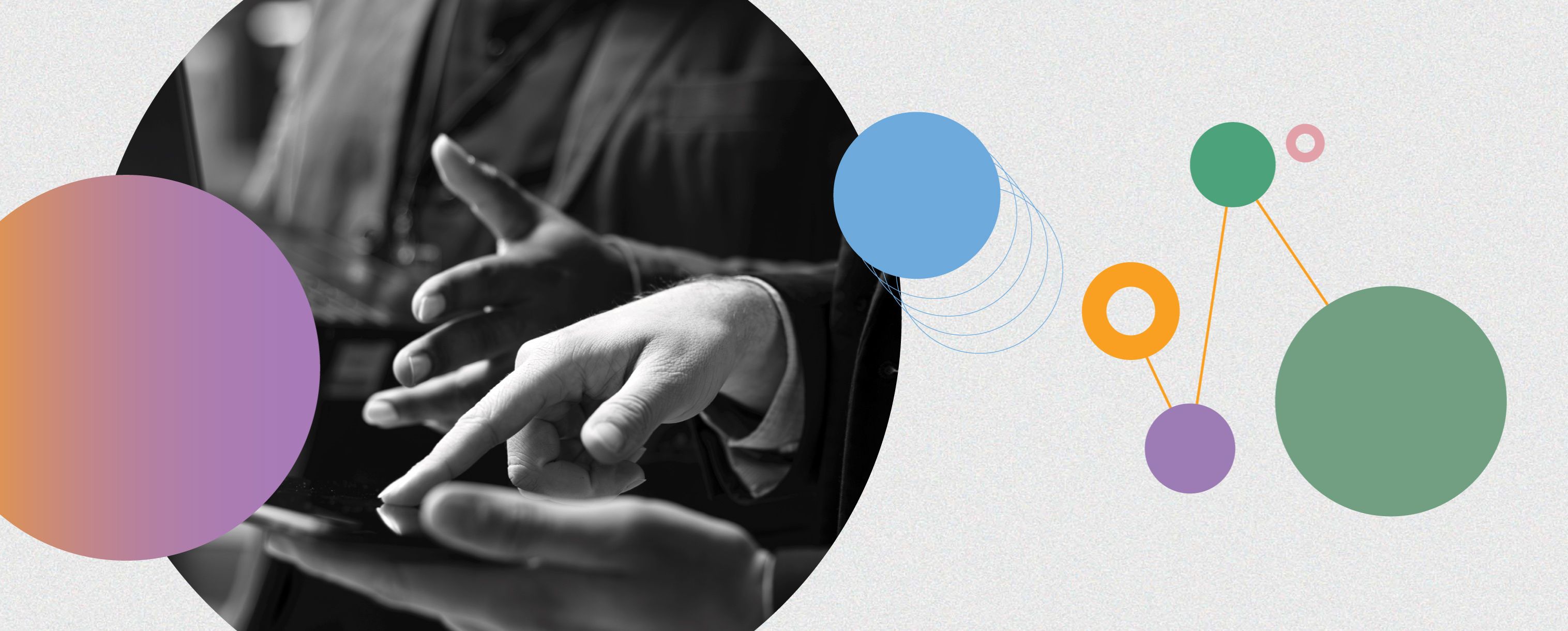The solution delivers significant benefits by reducing repeated field visits by up to 28% (Poc Results) and substantially improving the First-Time Resolution (FTR) rate.
By resolving more issues during the initial visit, it reduces the need for follow-ups while building customer trust. Increased service efficiency allows Vodafone to serve more customers without additional resources, boosting productivity and operational effectiveness.
This directly contributes to greater customer satisfaction and improved retention - ultimately supporting revenue growth and reducing churn. The solution also lays the foundation for a more agile, competitive service model and is scalable for global rollout, with future enhancements driven by real-time operational data.

